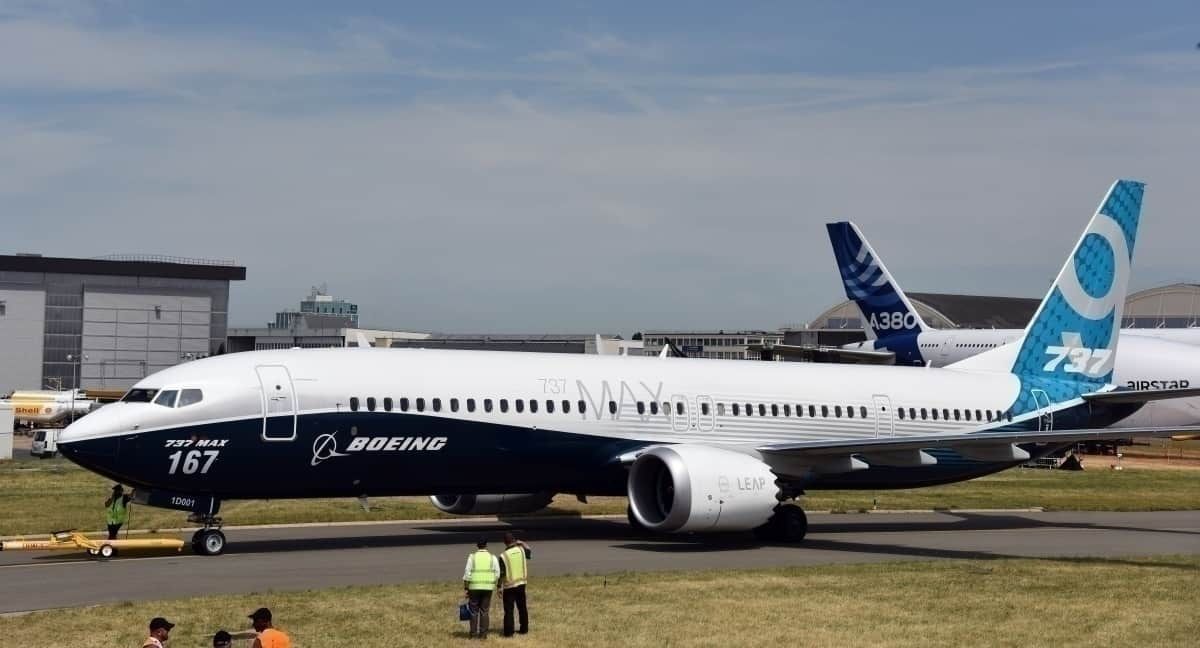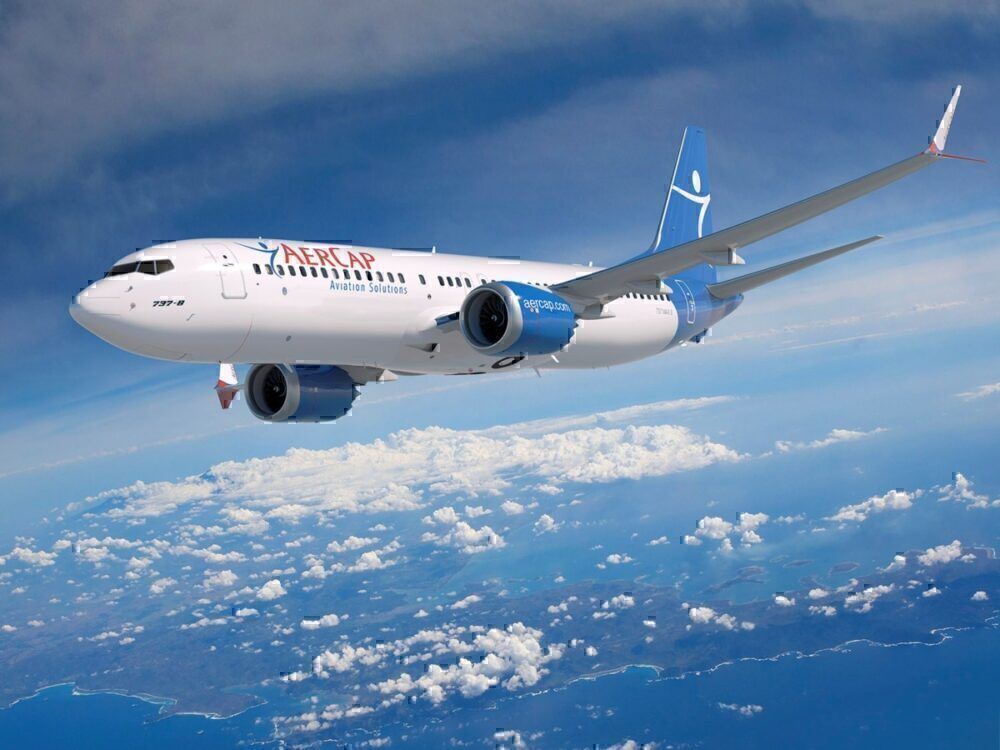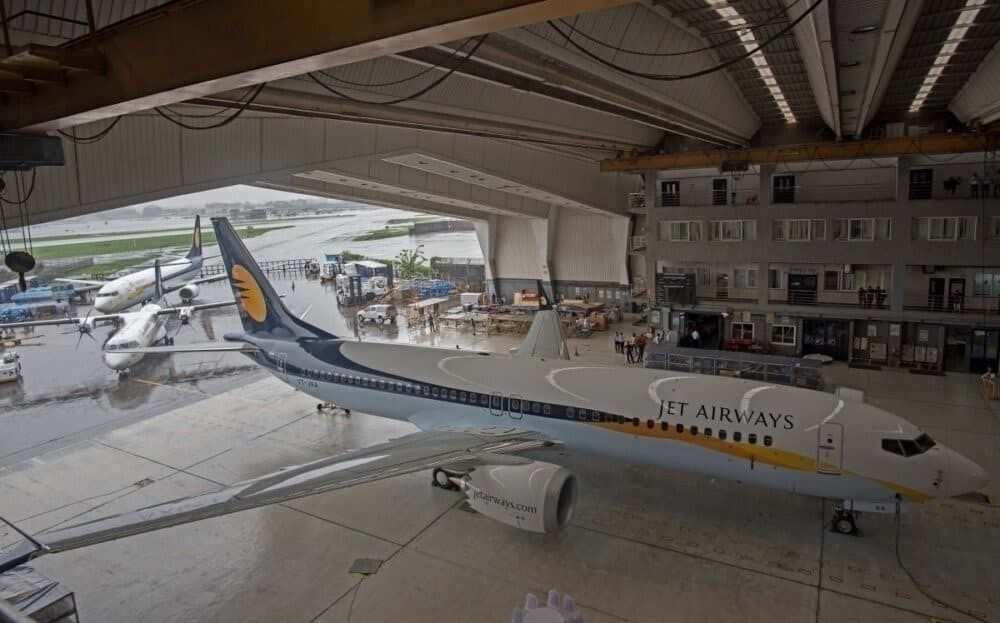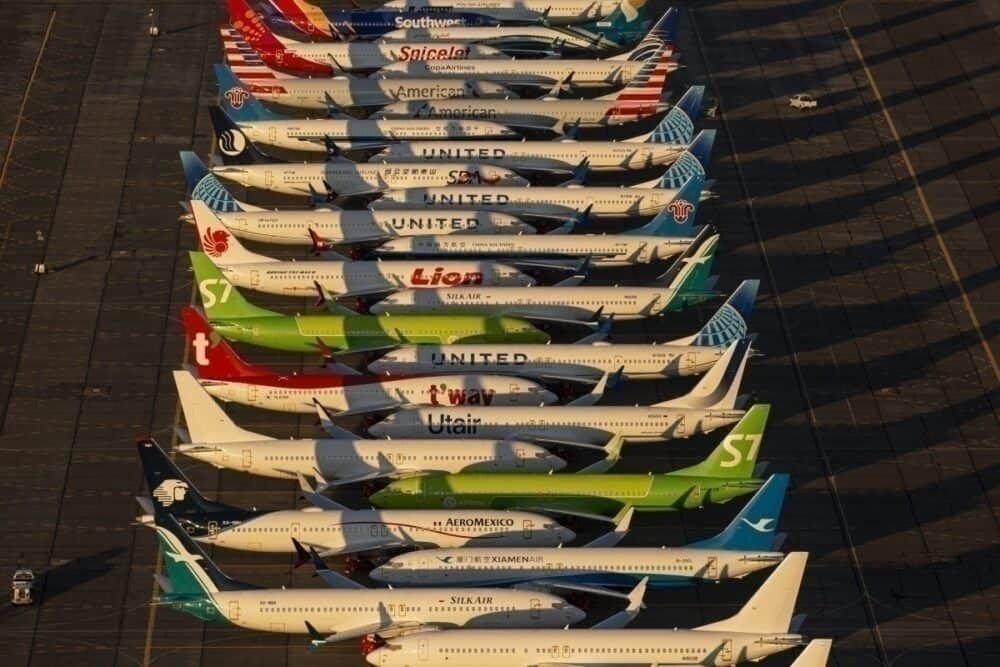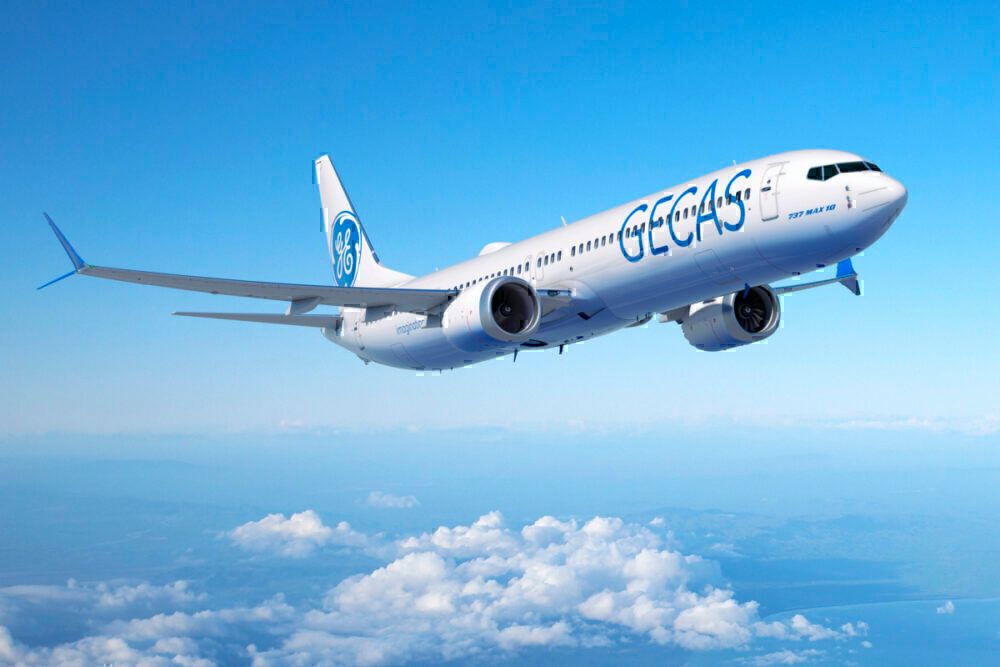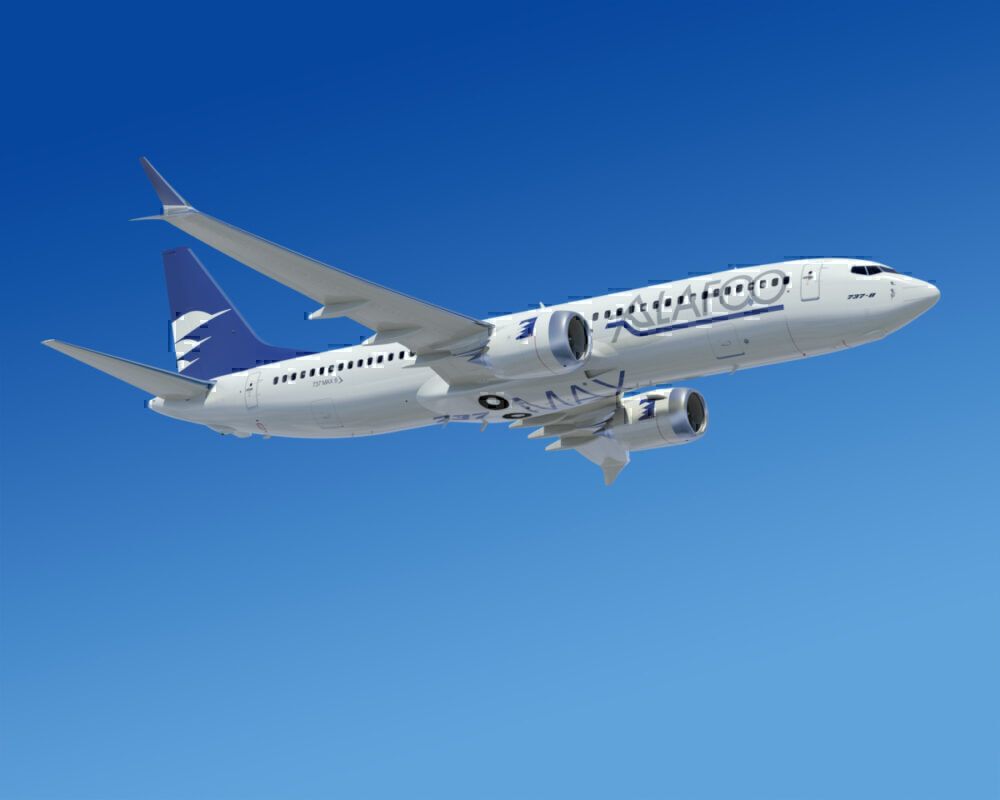Last month, Boeing recorded 43 new aircraft cancellations. All of these were for the 737 MAX. Of those 43 cancellations. 37 were from lessors. Lessors have seen some tough times recently, leading to several different high-profile cancellations.
Lessors canceled more aircraft orders in July
In July, AerCap canceled orders for 15 Boeing 737 MAX aircraft. ALAFCO canceled an order for 20 MAXs. Avolon canceled two MAX orders. The remaining cancellations came from JetLines, a Canadian startup that has yet to start flying passengers, which canceled five MAX orders and one Boeing business jet MAX order from an unidentified customer.
Stay informed: Sign up for our daily aviation news digest.
2020's backlog changes
Thus far, Boeing has seen negative net orders, including ASC 606 adjustments, which is an accounting standard that Boeing uses to evaluate its backlog based on customer criteria beyond a contractual obligation.
Essentially, Boeing can remove an aircraft from its backlog without a firm cancellation because they view the planes as unlikely to be delivered due to several different circumstances – such as an airline going bust. That being said, an aircraft can move back into the backlog per these accounting standards if the situation at a particular customer changes.
Thus far, in 2020, net orders, including the ASC 606 adjustments, are at -836. Meaning, Boeing has seen more aircraft orders canceled or removed from its backlog than it has seen new firm orders. Much of that has come from the Boeing 737 MAX.
Boeing's current backlog is at 4,496 aircraft. Over 3,500 of these are for 737s. There are only 12 747s, hence the end of the production of the Queen of the Skies. Meanwhile, there are 88 767s in the backlog– mostly freighters– alongside 354 777s and 499 787 Dreamliners.
What do lessors have to do with it?
Lessors have canceled a significant amount of aircraft this year. Back in April, Avolon canceled commitments for 75 MAX jets, GECAS canceled 69 orders in the same month as well. Air Lease Corporation canceled 27 MAX orders.
Lessors have had an outsized impact based on the crisis– more than airlines. For one, lessors have had to quickly react to the current demand environment for jets– which is basically nonexistent. Airlines have been trying to cut down on their flying, leading to early retirements of many different aircraft.
Lessors canceling orders indicates that the future environment for most of these aircraft, which are likely due by around 2024-2025, will not exist as the orders were placed now. Canceling an order now means less capital a lessor has to spend on things like pre-delivery payments.
Later on, if an airline would like to take on more MAX aircraft, then a lessor, Boeing, and the carrier can come together to work on a schedule. But, if there are no firm commitments now, or else customers indicating they will not want to take some jets on order through a lessor, then it makes sense for a lessor to go ahead and cancel the aircraft order.
Boeing continues to work with its lessors in the current demand environment. The reality is that airlines are looking at less flying for the next three to four years. Lessors have been helpful for some airlines in conducting sale-and-leaseback operations, but those transactions usually involved firm ordered aircraft or else planes already in a carrier's fleet.
Essentially, lessors are looking at their orders, looking at the needs of various airlines, and seeing few customers for these undelivered jets. Rather than pay for a plane that no one may end up taking, it makes sense for a leasing company to cancel those orders outright.
Do you think lessors will continue to cancel aircraft orders? Let us know in the comments!

